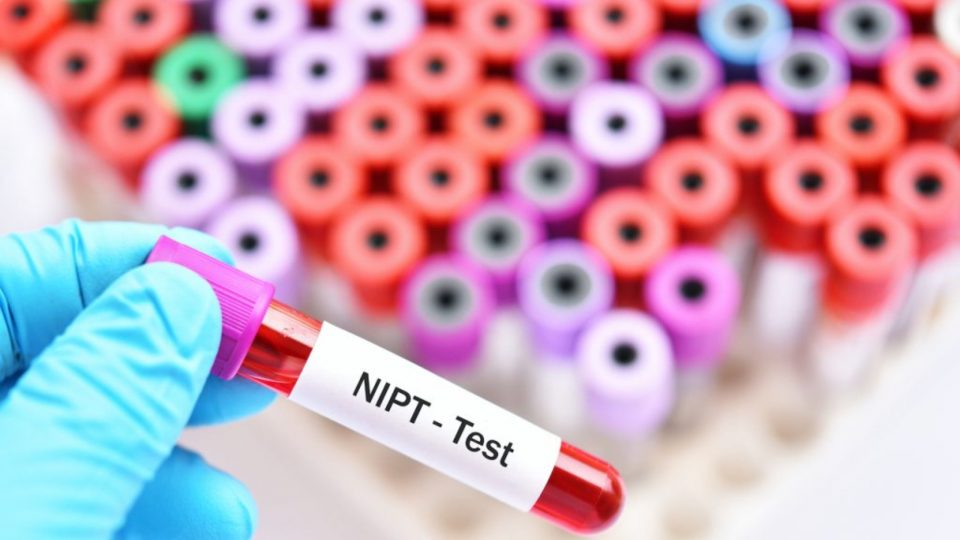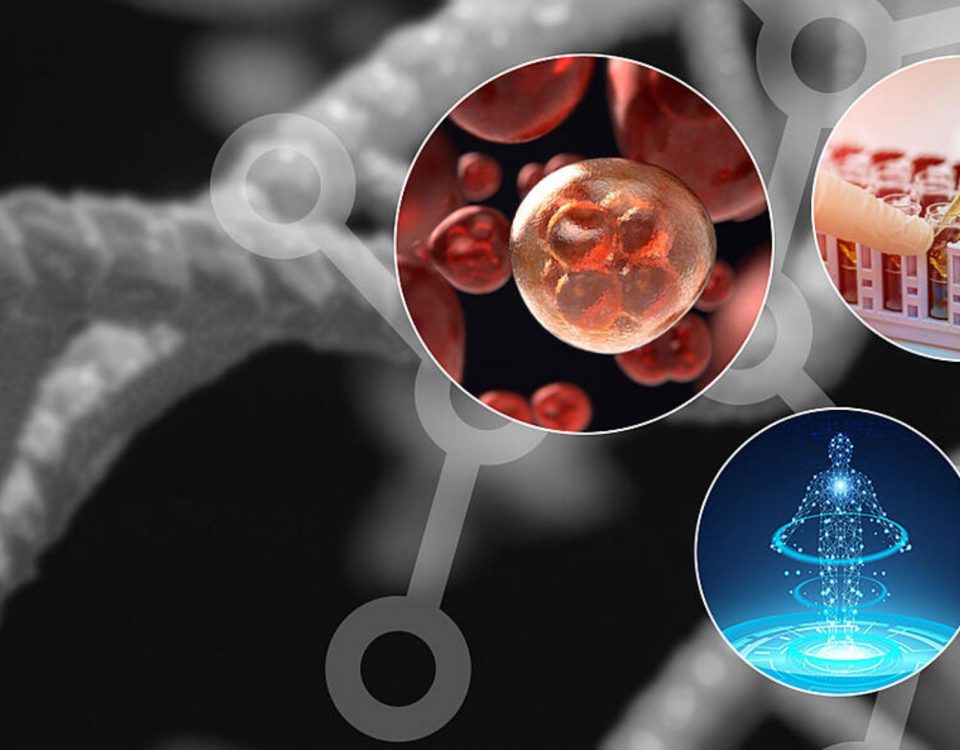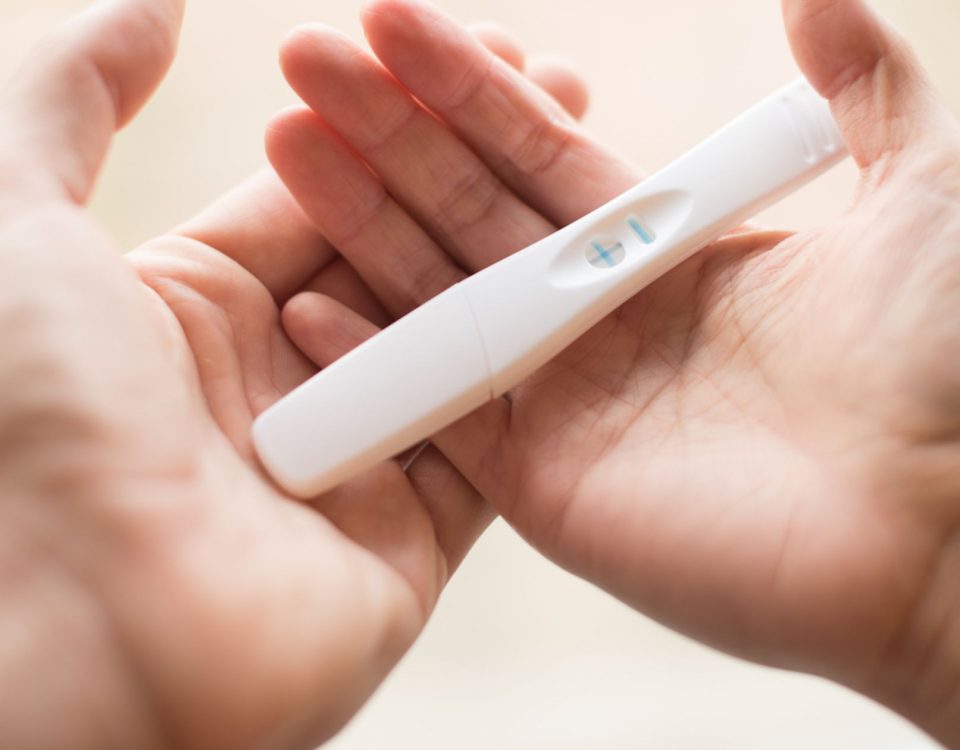
Legal maternity DNA test
June 16, 2022
NGS DNA Test and its Pros and Cons
June 21, 2022Did you know that you can get a Non-Invasive paternity test any time after the 7th week of the pregnancy? That’s correct. A paternity test is possible after the 7th week of pregnancy. This is because, after that much time, some parts of the child’s DNA flow into the mother’s bloodstream.
What are the requirements for this test?
It only requires a DNA sample from a potential father and a small number of blood samples from the mother. This means there is no threat to the mother or the child. The technology is dependable because the results show a 99 percent or greater likelihood of paternity if the man is the biological father or a 0% possibility of paternity if he is not.
For some expectant mothers, a prenatal paternity test may be preferable to a postnatal one. Here are five major reasons why.
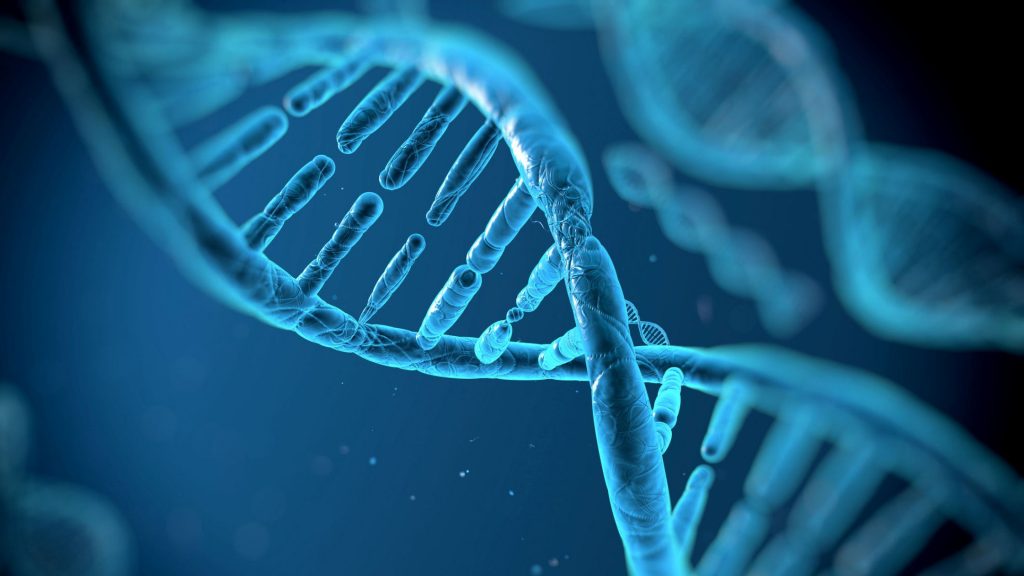
It reduces stress during pregnancy
There is no way to cut stress from your life, whether you’re pregnant or not. Several studies show that chronic stress can have a direct negative impact on a developing fetus. No knowledge of who your child’s father is can cause high stress. So finding answers with a prenatal paternity test can help to lessen your stress.
To assist in making relationship choices before childbirth
A Non-Invasive paternity test can help to make a quick decision if
Many people could be fathers. A test can give you the information you need to make personal decisions. Moreover, waiting until birth can complicate this process.
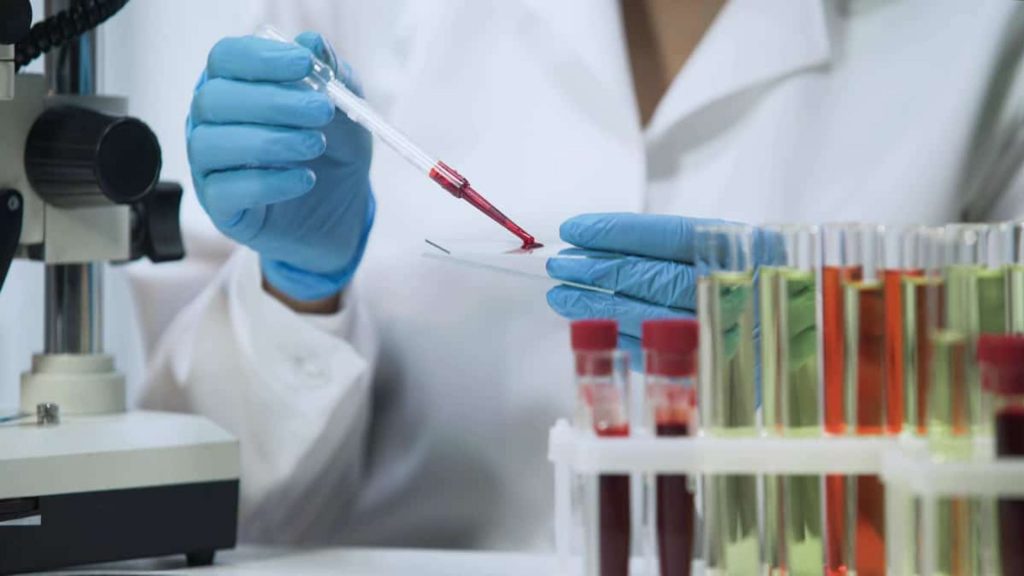
To get the father’s support
There is plenty to prepare during pregnancy, from attending maternity care classes to medical visits. If you want support from your biological fathers as you go through the process of preparing for a baby, you should verify paternity as early as possible rather than later.

